Corrosion is a natural process that gradually destroys materials, often metals, through chemical reactions with environmental elements. Fasteners, essential components in construction, automotive, and manufacturing industries, are particularly susceptible to corrosion. This article explores the causes of fasteners corrosion, its detrimental effects, and various preventive measures to combat this pervasive issue, including the use of Loctite threadlockers and anti-seize compounds.
Understanding Fastener Corrosion
Fasteners, such as screws, bolts, nuts, and washers, are prone to corrosion due to their exposure to harsh environmental conditions, including moisture, oxygen, and pollutants. The primary types of corrosion affecting fasteners include:
Galvanic Corrosion: This occurs when two different metals are in electrical contact in the presence of an electrolyte, such as water. The less noble metal (anode) corrodes faster than the more noble metal (cathode).
Crevice Corrosion: It takes place in confined spaces where the access of the working fluid from the environment is limited, leading to localized corrosive attack.
Pitting Corrosion: This form of corrosion results in small, localized holes or pits on the metal surface. It's particularly dangerous as it can cause sudden failures despite minimal overall material loss.
Stress Corrosion Cracking (SCC): SCC occurs due to the combined effects of tensile stress and a corrosive environment, leading to sudden and unexpected failures.
The Detrimental Effects of Corrosion
The impact of corrosion on fasteners can be severe, leading to structural failures, safety hazards, and significant economic costs. Corroded fasteners can lose their mechanical integrity, compromising the stability and safety of the structures they hold together. This not only endangers lives but also results in high maintenance and replacement costs. For example, the corrosion of fasteners in bridges and aircraft can lead to catastrophic failures if not properly managed.
Preventive Measures
Preventing fastener corrosion involves a combination of material selection, protective coatings, environmental control, and specialized products like Loctite threadlockers and anti-seize compounds. Here are some effective strategies:
Material Selection: Choosing corrosion-resistant materials is the first line of defense. Stainless steel, for instance, contains chromium which forms a passive layer of chromium oxide that prevents further corrosion. Other alloys, such as titanium and aluminum, also offer excellent resistance to corrosion in specific environments.
Protective Coatings: Applying protective coatings can significantly enhance the corrosion resistance of fasteners. Common coatings include:
Zinc Coating (Galvanizing): Zinc acts as a sacrificial anode, corroding in place of the fastener. Hot-dip galvanizing, electroplating, and mechanical plating are common methods.
Phosphate Coating: This involves treating the fasteners with a solution of phosphoric acid and other chemicals to form a corrosion-resistant phosphate layer.
Organic Coatings: Paints, varnishes, and other organic coatings provide a physical barrier against corrosive agents. Epoxy coatings, for example, are widely used for their durability and strong adhesive properties.
Environmental Control: Reducing the exposure of fasteners to corrosive environments can also mitigate corrosion. This includes controlling humidity, using dehumidifiers, and designing structures to avoid water accumulation. In marine environments, where saltwater accelerates corrosion, using protective enclosures or sacrificial anodes can be particularly effective.
Cathodic Protection: This technique involves using a more easily corroded "sacrificial" metal to protect the fastener. The sacrificial metal corrodes instead of the fastener, thus preserving its integrity.
Regular Maintenance and Inspection: Periodic inspections and maintenance are crucial for early detection and remediation of corrosion. This includes cleaning, recoating, and replacing corroded fasteners as needed. Implementing a routine maintenance schedule can significantly extend the life of fasteners and the structures they support.
Using Loctite Threadlockers and Anti-Seize Compounds
In addition to traditional methods, using specialized products like Loctite threadlockers and anti-seize compounds can further enhance the prevention of fastener corrosion:
Loctite Threadlockers: These are anaerobic adhesives that cure in the absence of air and presence of metal ions. They form a solid polymer that fills the gaps between threads, effectively locking the fastener in place and preventing movement that can lead to loosening and corrosion. By sealing the threads, they also block moisture and other corrosive agents from penetrating the fastener joints, thus providing an additional layer of protection.
Loctite Anti-Seize Compounds: These lubricants are applied to the threads of fasteners to prevent galling, seizing, and corrosion. Anti-seize compounds typically contain a mixture of lubricants and metallic or non-metallic particles that provide a protective barrier against corrosion and high temperatures. They are especially useful in high-temperature environments where traditional lubricants might fail. By reducing friction during assembly and disassembly, anti-seize compounds also help maintain the integrity of the fasteners over time.
Conclusion
Fastener corrosion is a significant challenge across various industries, with serious implications for safety and economic costs. Understanding the types and causes of corrosion, alongside implementing effective preventive measures, is crucial for maintaining the integrity and longevity of structures. From selecting appropriate materials and applying protective coatings to controlling environmental factors, there are multiple strategies available to combat corrosion. The use of products like Loctite threadlockers and anti-seize compounds offers additional, practical solutions to enhance fastener longevity.

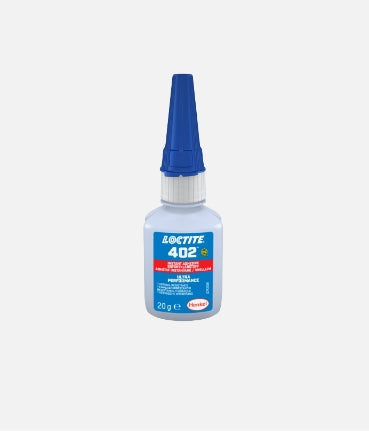
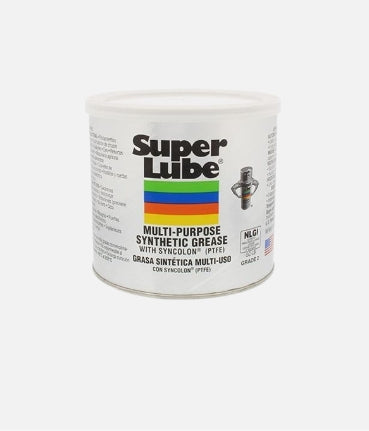
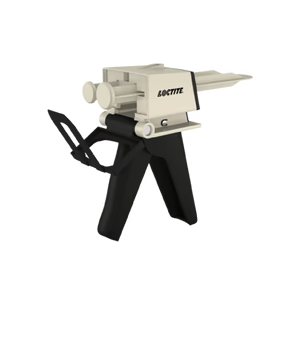
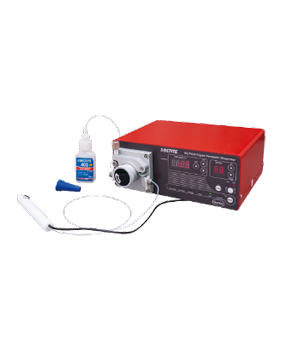





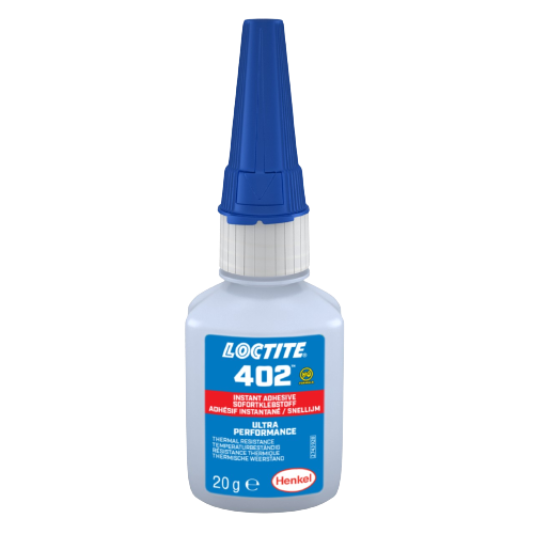
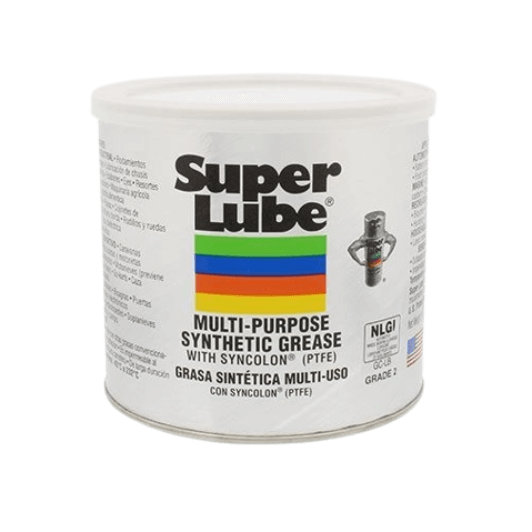

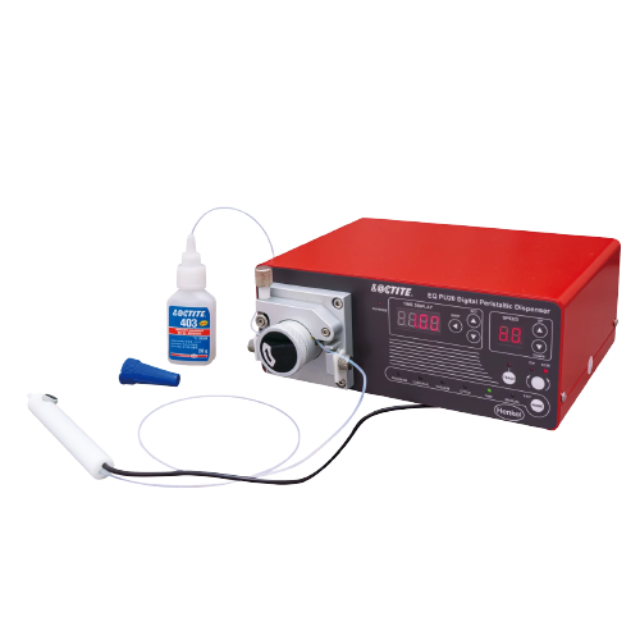
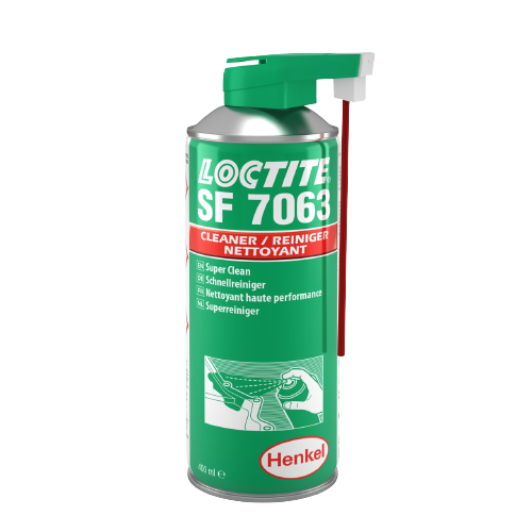
Leave a comment
All comments are moderated before being published.
This site is protected by reCAPTCHA and the Google Privacy Policy and Terms of Service apply.